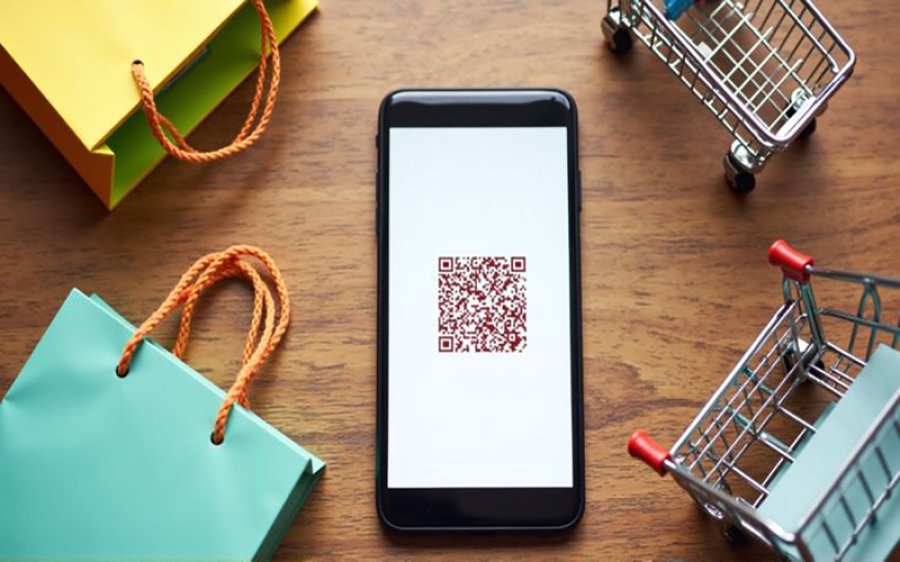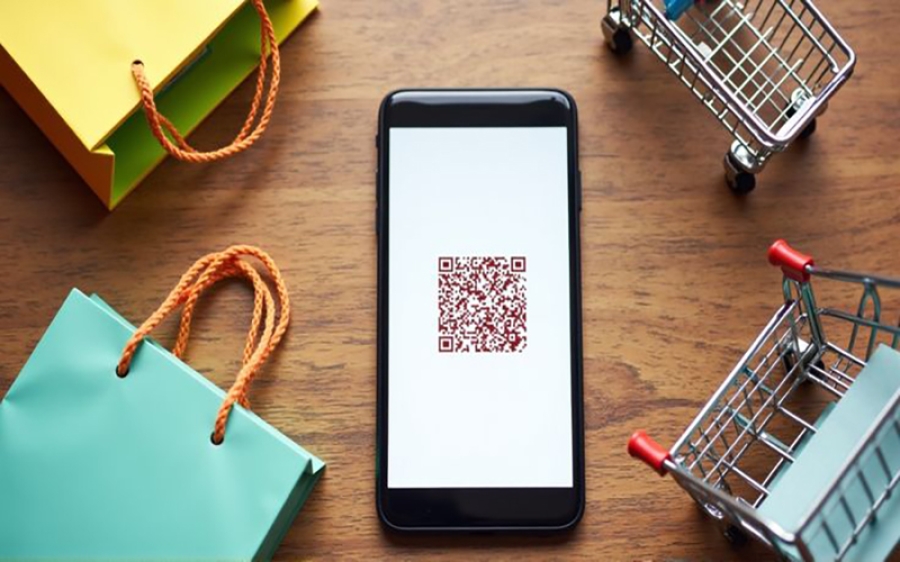The Pros & Cons of Paper vs. Digital Business Cards
In the ever-evolving world of business networking, the choice between traditional paper business cards and their digital counterparts can be a pivotal one. Each has its own set of advantages and drawbacks, making the decision far from black and white. Let's explore the pros and cons of paper vs. digital business cards and find the perfect fit for your networking style.
Pros of Paper Business Cards:
1. Tangible First Impressions: Paper business cards allow for a tactile experience that can leave a lasting impression on recipients. The weight, texture, and design of a well-crafted paper card can convey professionalism and sophistication.
2. Universal Use: Paper cards don't rely on technology. They work in any situation, even when your phone battery is dead, ensuring you can always share your contact information.
3. Personal Touch: A handwritten note or a personalized message on a paper card can add a personal touch to your networking efforts. It's a tangible reminder of a connection.
4. Nostalgia: Traditionalists may appreciate the nostalgia associated with paper cards. Exchanging cards can feel like a meaningful ritual that dates back to the origins of business networking.
Cons of Paper Business Cards:
1. Limited Information: Paper cards are confined to the physical space available on the card. They can't convey as much information as their digital counterparts.
2. Sustainability Concerns: The production and disposal of paper cards contribute to environmental concerns. As the world becomes more eco-conscious, this is a significant drawback.
3. Cost and Maintenance: Designing, printing, and replenishing paper cards can be costly and time-consuming. They also require physical storage.
Pros of Digital Business Cards:
1. Dynamic Content: Digital business cards can incorporate dynamic elements such as links to your website, social media profiles, and even videos. This allows for a richer and more interactive experience.
2. Real-Time Updates: Your contact information is always up-to-date. Change jobs, phone numbers, or addresses, and your digital card adjusts instantly.
3. Environmentally Friendly: Going digital reduces paper waste and is a more sustainable choice.
4. Ease of Sharing: Sharing digital cards is as simple as sending a link or scanning a QR code, making it quick and hassle-free.
Cons of Digital Business Cards:
1. Tech Dependency: To access a digital business card, both parties need a smartphone and internet connection. In areas with poor connectivity, this can be a challenge.
2. Digital Overload: In a world inundated with digital information, your digital business card might get lost in the digital shuffle. It's crucial to make it stand out.
3. Security Concerns: There are cybersecurity risks associated with sharing contact information digitally, although these are typically minimal.
In the end, the choice between paper and digital business cards hinges on your networking style and the context in which you operate. While paper cards have a classic charm, digital cards offer versatility and sustainability. Embrace the one that best suits your needs, and remember that the true power of a business card lies not in its material but in the connections it facilitates.








